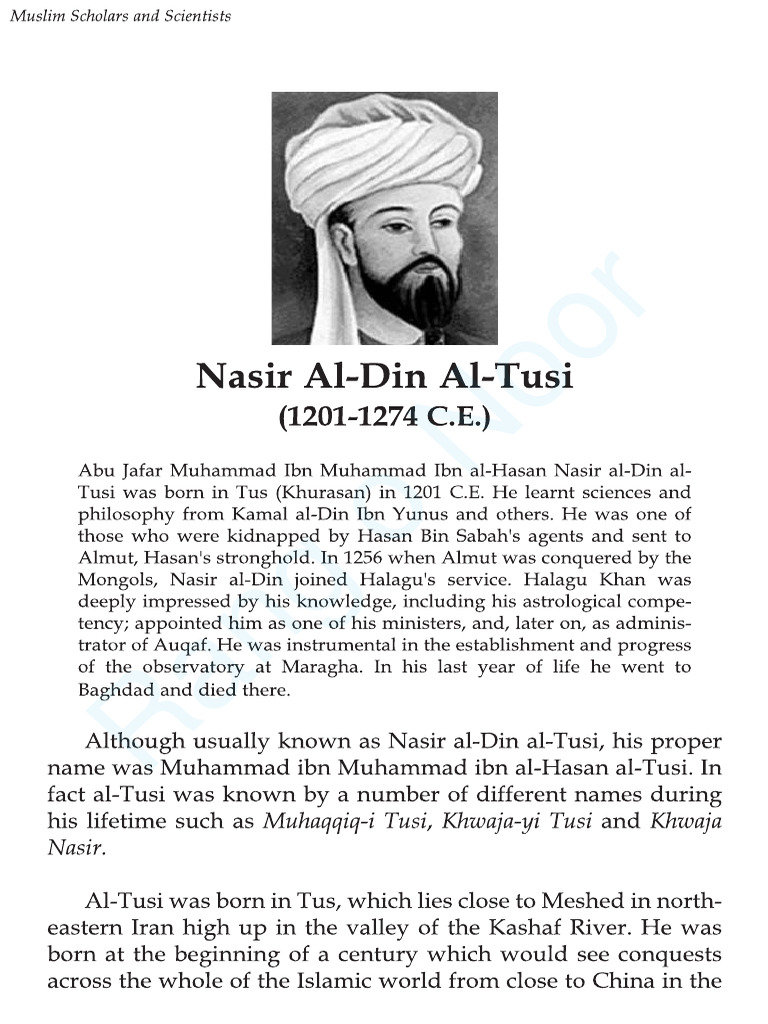Al-Tusi’s intellectual rigor is complemented by his ethical teachings, which find roots in the Shia emphasis on moral integrity and social justice. He articulated a vision of ethics that transcends mere legalism, advocating for a comprehensive moral philosophy that engages with the complexities of human interaction. His perspective on justice, particularly, carries a metaphysical dimension, suggesting that true justice reflects divine attributes. This assertion resonates deeply within Shia teachings, which prioritize justice as a manifestation of divine will on Earth.
Moreover, al-Tusi’s role as a jurist (faqih) cannot be overstated. He meticulously navigated the intricacies of Islamic jurisprudence, offering interpretations that reflect the evolving dynamics of society. His contributions to the field ensured that Shia jurisprudence remained robust and adaptable, capable of addressing contemporary issues while remaining steadfastly rooted in tradition. This adaptability is crucial in Shia thought, as it aligns with the belief in the necessity of religious guidance in all facets of life, echoing the Imams’ teachings in every age.
Al-Tusi’s life was embroiled in the turbulent political landscape of the 13th century, marked by the Mongol invasions and ensuing chaos. Yet, he emerged not as a victim of circumstance but as a figure of resilience, channeling adversity into scholarly pursuits. His experience serves as a metaphorical allegory; just as a seed germinates through the darkest of soils, al-Tusi’s intellect flourished amid turmoil, thus inspiring future generations to seek knowledge unwaveringly, regardless of external strife.
Tags
Share this on:
[addtoany]


